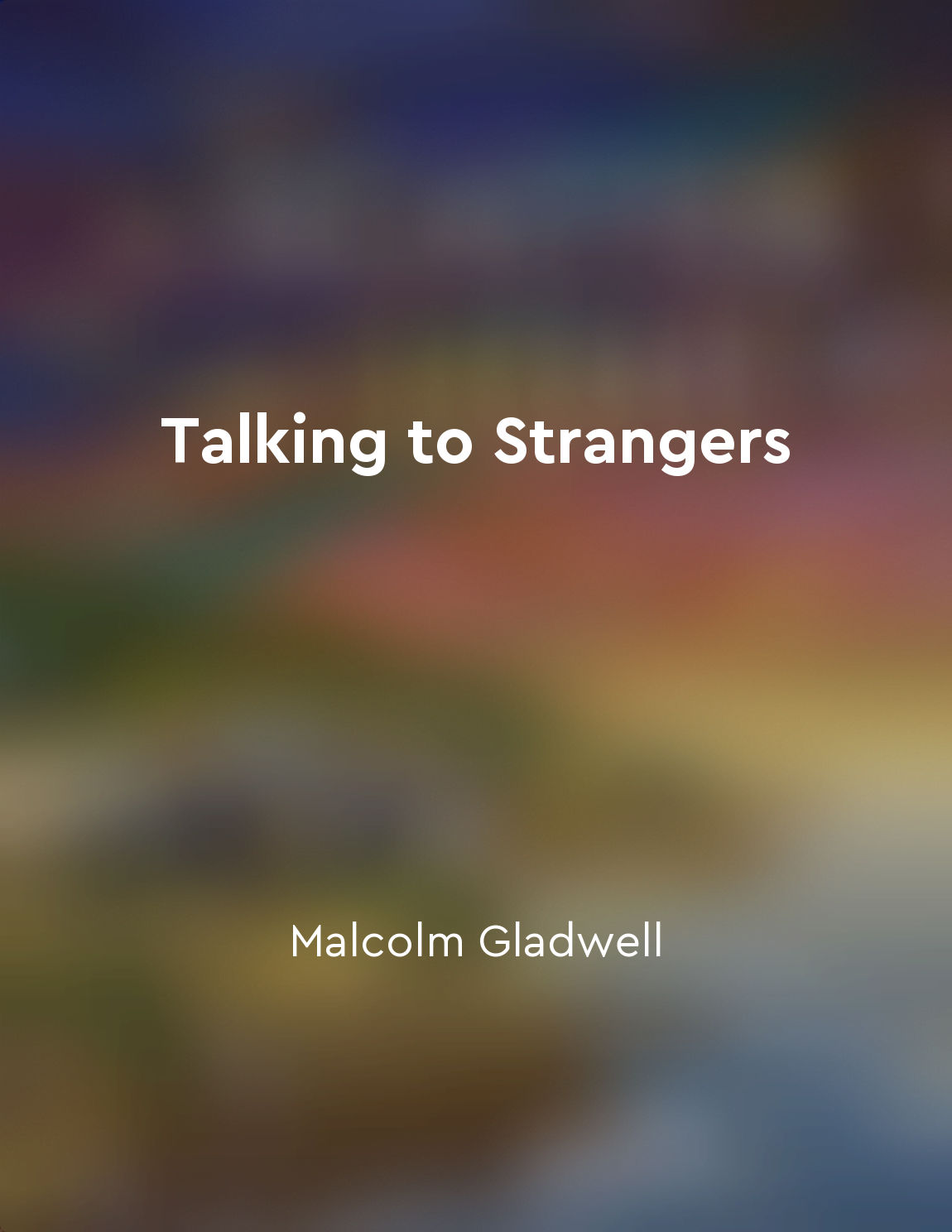Respecting cultural differences is crucial for effective communication from "summary" of Effective Communication Skills by Angelina Zork
Understanding and appreciating cultural differences is paramount in ensuring effective communication. In today's globalized world, people from diverse backgrounds come together in various settings, such as workplaces, schools, and communities. Each person brings with them a unique set of values, beliefs, and communication styles that are shaped by their cultural upbringing. When individuals fail to recognize and respect these cultural differences, misunderstandings and misinterpretations can easily arise. For instance, gestures or expressions that may be considered appropriate in one culture could be offensive in another. Without a basic understanding of cultural norms and customs, communication breakdowns are inevitable. Moreover, cultural differences extend beyond just language and non-verbal cues. They also encompass different attitudes towards authority, decision-making, and conflict resolution. For instance, in some cultures, it is customary to speak indirectly or avoid confrontation, while in others, direct communication and assertiveness are valued. By acknowledging and respecting cultural differences, individuals demonstrate openness, empathy, and inclusivity towards others. This paves the way for meaningful and productive interactions, where all parties feel understood and valued. It also fosters mutual respect and trust, essential components of effective communication. Incorporating cultural sensitivity into communication practices involves active listening, empathy, and a willingness to adapt one's communication style to suit the cultural preferences of others. It requires an open-minded approach that values diversity and promotes intercultural understanding.- By embracing cultural differences, individuals can bridge communication gaps, cultivate positive relationships, and work towards common goals. It is through this lens of cultural awareness and respect that effective communication can truly flourish, enriching our interactions and fostering a more harmonious and connected world.
Similar Posts
Hand movements can signify specific meanings in communication
In the intricate dance of nonverbal communication, hand movements play a crucial role. They can convey a wealth of information,...
Active listening promotes understanding
Active listening is a vital component of effective communication. When individuals engage in active listening, they are fully p...

Emotions can cloud our judgment of strangers
When we encounter strangers, our brains automatically begin the process of forming initial impressions based on limited informa...
Collaboration enhances communication outcomes
Collaboration plays a pivotal role in improving the effectiveness of communication outcomes. By working together towards a comm...

Practice active listening
When you practice active listening, you're not just hearing the words that someone is saying. You're fully present in the conve...
The world is evolving
In the modern world, change is the only constant. The pace of technological innovation is breathtaking, with new developments e...

Avoid controversial topics that could lead to conflict
When engaging in small talk, it is important to steer clear of topics that may spark disagreement or tension. These controversi...
Use openended questions to encourage dialogue
Open-ended questions are a powerful tool in communication. They are designed to elicit more than just a simple "yes" or "no" re...
Avoid interrupting others while they speak
Imagine you’re at a party, engaged in a conversation with someone. As they start speaking, you feel an urge to jump in with you...

Improving public speaking skills
Improving public speaking skills involves developing the ability to effectively communicate information to an audience. This re...


